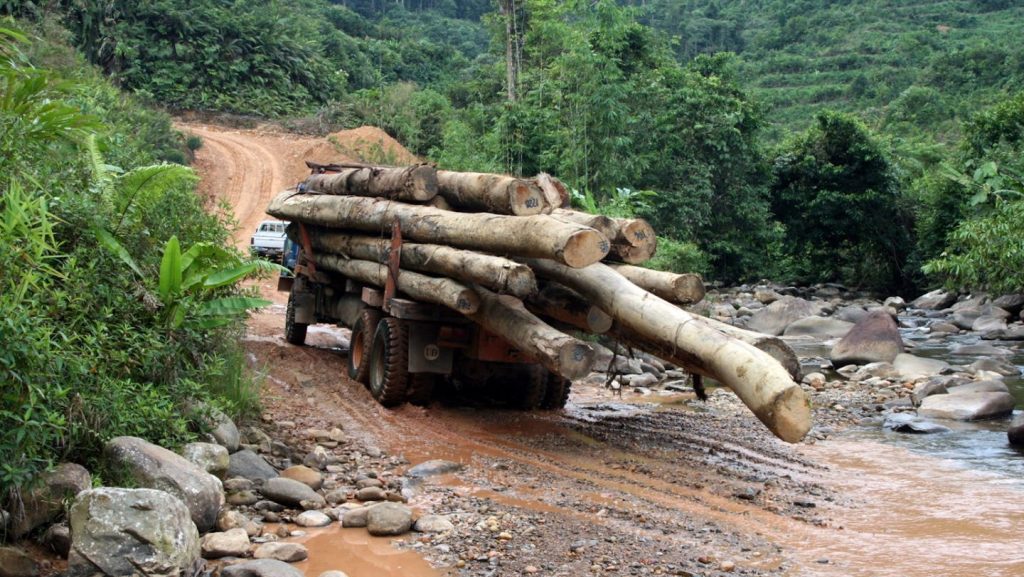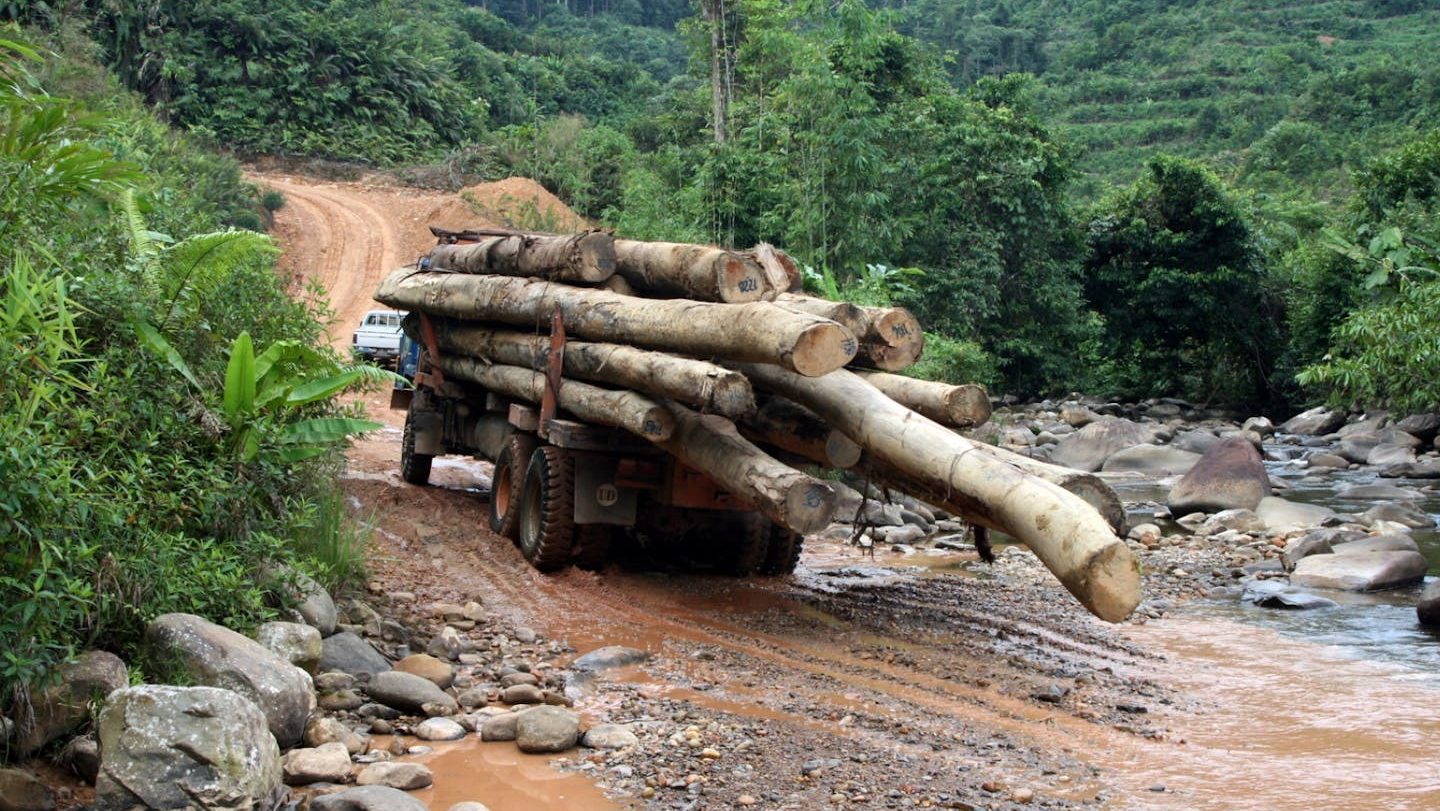Penan Communities Rally Against Logging Activities

KUCHING: In a significant outcry against ongoing logging operations, the Penan communities of the Upper Baram region have united in a plea to Premier of Sarawak, Datuk Patinggi Tan Sri Abang Johari Tun Openg, to intervene and halt the encroachment into their ancestral forests. The issue has sparked widespread concern over environmental conservation and indigenous rights.
Opposition to Logging Operations
Komeok Joe, a prominent leader among the Penan communities, expressed unequivocal opposition to the logging activities that threaten their traditional lands. “All 18 Upper Baram Penan communities vehemently oppose the intrusion of logging operations into our forests,” stated Joe. The Penan people fear that these activities could lead to irreversible damage to the biodiverse ecosystem surrounding Gunung Murud Kecil, a sacred landmark integral to their cultural heritage.
Allegations of Environmental Impact
A press release from the Bruno Manser Fonds on July 9 highlighted grave concerns over the commencement of logging activities in Sarawak’s last remaining primeval rainforests. The organization alleges that a logging company has initiated operations without proper certification within the Upper Baram forest area. This area, crucial for its biodiversity and recognized under international conservation efforts, is a collaborative effort involving Malaysia, the International Tropical Timber Organisation (ITTO), and various non-profits.
Calls for Government Accountability
Lukas Straumann, director of Bruno Manser Fonds, expressed deep dismay over the situation, urging Prime Minister Datuk Seri Anwar Ibrahim to intervene and clarify the legality of the logging operations. “It is deeply troubling that Malaysia would allow the logging of pristine forest areas within an internationally funded conservation zone,” remarked Straumann. The call for accountability extends to the Sarawak government, which has previously pledged commitment to sustainable development but faces scrutiny over its oversight of logging activities.
The Future of Sarawak’s Forests Hangs in the Balance
The controversy surrounding the Upper Baram logging operations underscores broader issues of environmental sustainability, indigenous rights, and international conservation efforts. As global attention shifts towards preserving the world’s remaining rainforests, Sarawak’s decisions regarding its natural resources come under heightened scrutiny.
Environmental and Cultural Implications
The Upper Baram region is not only a biodiversity hotspot but also holds profound cultural significance for the Penan communities. Any disruption to these forests could irreversibly impact their way of life and jeopardize centuries-old traditions connected to the land.
International Concerns and Advocacy
Internationally, environmental organizations and conservationists are closely monitoring developments in Sarawak. The alleged breach of conservation agreements raises questions about Malaysia’s commitment to global environmental stewardship and sustainable development practices.
Community Resilience and Unity
Despite facing formidable challenges, the Penan communities remain resilient in their fight to protect their ancestral lands. Their united stance against the logging operations demonstrates a commitment to preserving their cultural heritage and safeguarding the ecological integrity of the Upper Baram region.
Conclusion: A Call for Action
In conclusion, the Penan communities of Upper Baram urge Premier Abang Johari to heed their plea and immediately halt the logging encroachment threatening their forests. The global community watches closely as Sarawak navigates the delicate balance between economic development and environmental conservation.


